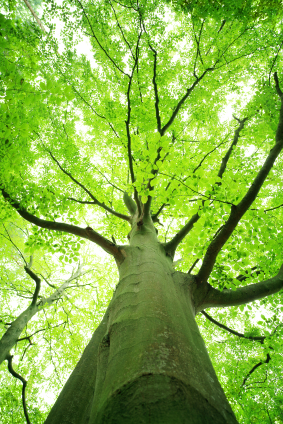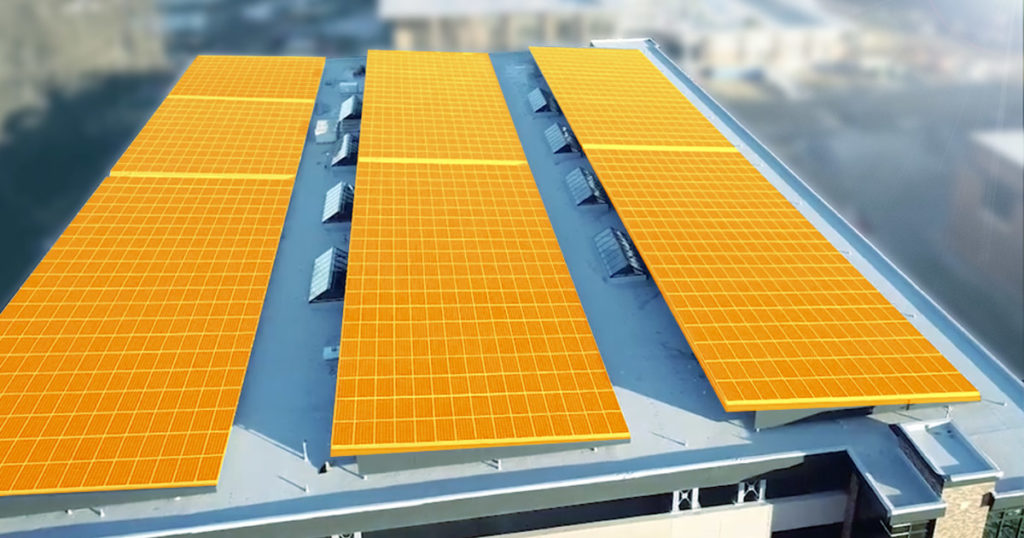 Wouldn’t it be nice to have a renewable, inexpensive replacement for metals, non-organic plastics, and electrical components? Less mining, less petrochemicals, less environmental stress— it’s not a far fetched, pie-in-the-sky idea anymore. And the source for a super-substitute material is right in your back yard.
Wouldn’t it be nice to have a renewable, inexpensive replacement for metals, non-organic plastics, and electrical components? Less mining, less petrochemicals, less environmental stress— it’s not a far fetched, pie-in-the-sky idea anymore. And the source for a super-substitute material is right in your back yard.
Nanocrystalline cellulose (NCC), a product of wood pulp, have been touted as a “wonder material” whose tensile strength—214 megapascals—is eight times that of stainless steel, almost twice as strong as cast iron, and nearly equal the strength of structural steel. NCC is produced by gently removing hemicellulose and lignin from the wood which, incidentally, can be scrap wood such as twigs and sawdust. The purified wood is milled and hydrolyzed to remove impurities. What’s left is cellulose fibers suspended in water. When the water is removed, the resulting paste of fibers that can be molded or spread into sheets and freeze dried. As they dry, the approximately 200 nanometer long fibers join together by hydrogen bonds and create a super strong material that has also is very conductive. These properties make NCC very attractive to the electronics and computing industries as well as defense. The United States army is using NCC to make lightweight body armor and has tested it in applications such as ballistics.
Given the abundance of starting material and the incredibly physical properties of NCC, the interest in further developing the manufacturing base is huge. On July 26th, the U.S. Forest Service Forest Products Laboratory opened a $1.7 million dollar nanocrystalline cellulose production facility right here in Madison, Wisconsin. The intent of the facility is ramp up production quickly and, hopefully in a few years, be able to sell NCC for a few dollars a kilogram.
Like this:
Like Loading...


